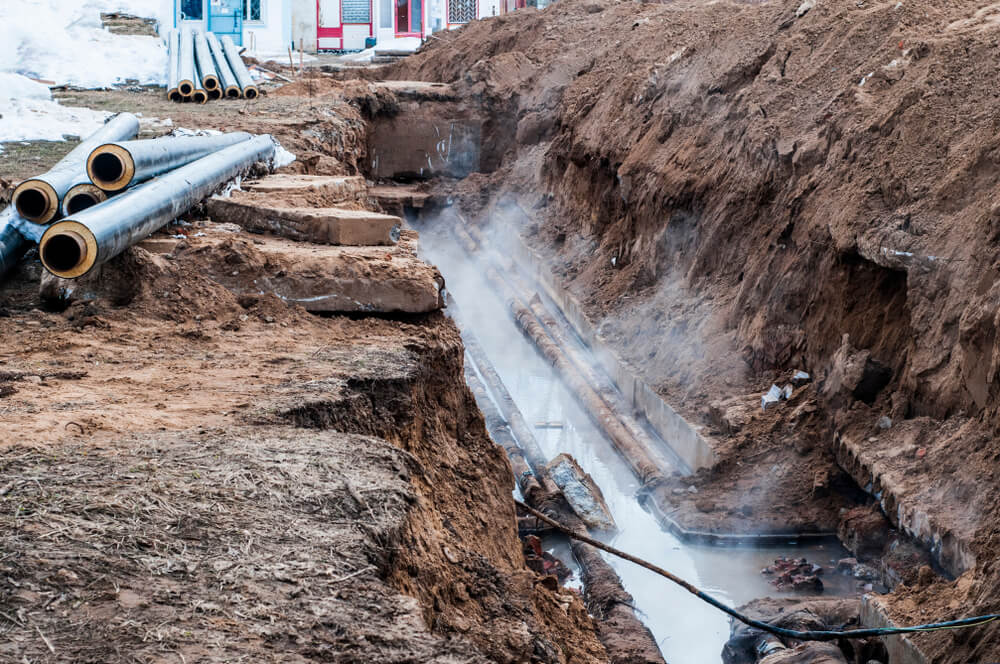Hydro vacuum excavation is a safe and effective method to clear away soil from your building site. This method allows you to get rid of virtually all types of soil. It is also more cost-effective and safer than traditional methods, and it can even reduce the risk of property damage.
If you are planning a construction project that requires a fair bit of digging and clearance, hydro vacuum excavation is an option you should explore. Let’s take a look at why…
Reduce the Risk of Property Damage
Using hydro vacuum excavation helps reduce the risk of property damage and injury. Unlike air and mechanical digging, the method does not cause sandblasting or trenches lined with contaminated soil.
Some utility companies and energy organisations have started utilising this new method to improve safety and productivity. It is less expensive than traditional methods, and it also requires fewer workers.
The equipment used for vacuum excavation is more advanced than traditional methods. This allows the operator to operate with a higher degree of precision. It also reduces the overall risk of job site damage. Aside from cutting through the soil, vacuum excavators can perform several other functions. Some of these include slit trenching, setting electric poles, and cleaning drilling mud. In addition, some of these units have tanks for clean water and slurry. When working in cold weather, it can be difficult to break through the frozen ground. However, using water can soften the soil and make it easier to suction.
Safely Clear Around Underground Utilities
Choosing the correct type of digging method for your project can save you time and money, as well as keep you and your crew safe. For instance, hydro vacuum excavation is the safest method for uncovering underground pipes and utilities.
The main advantage of this technology is that it makes digging faster and safer. It’s also much easier to locate buried utilities. It’s also a better way to maintain the surrounding environment.
Traditional methods of digging involve using heavy machinery, which can damage underground utility lines. It’s also expensive to repair underground utilities. In addition, these projects can cause significant interruptions.
Hydro vacuum excavation works by injecting water into the ground to break it up and reveal buried utilities. It’s also more effective at breaking up wet soil than air.
More Cost-Effective Than Traditional Methods
Compared to traditional methods, hydro vacuum excavation is safer, more cost-effective, and environmentally friendly. This technique enables construction operators to dig deeper, faster, and more accurately. It also minimises the costs associated with backfilling and concrete encasing.
Before the invention of vacuum excavation, underground digging was very risky. An accident could easily cause extensive damage to the underground utilities. These damages could result in mass service outages. In addition, shovels can easily rip apart underground pipes.
Vacuum excavation works by using a high-powered suction system to remove unwanted materials without damaging underground utilities. This process can be used to locate, uncover, and unblock all types of underground utilities, including water, gas, sewer, power, phone, fibre optics, and other utility lines. It can also be used for emergencies and cleaning catch pits.
In addition, this method is a more accurate and efficient way to locate underground utilities. It is more convenient because it requires fewer workers and takes up less space.
Pros and Cons of Hydrovac Excavation
Using water instead of air to excavate is a more effective way to dig. The pressurised water stream breaks down virtually any kind of soil. Another big advantage is the efficiency and precision of hydro vacuum excavation. It can work in areas that are difficult or impossible to access.
The biggest downside to hydro vacuum excavation is that the slurry that is created must be disposed of. This means that the same material cannot be reused to fill the hole. In addition, the spoils must be dumped at an approved dump site. This can increase the cost of the operation.
Another drawback to using water is that it may be difficult to handle in cold weather. In this situation, it may be more effective to use mechanical methods to break up the frozen soil. In most of Australia, this isn’t too much of a problem, but it can be worth keeping in mind during the winter months.
If you’re interested in exploring hydro vacuum excavation, you can find more information here.
We have branches servicing the Gold Coast, Brisbane, Sunshine Coast, and Victoria. To get in touch, drop us a line here.
